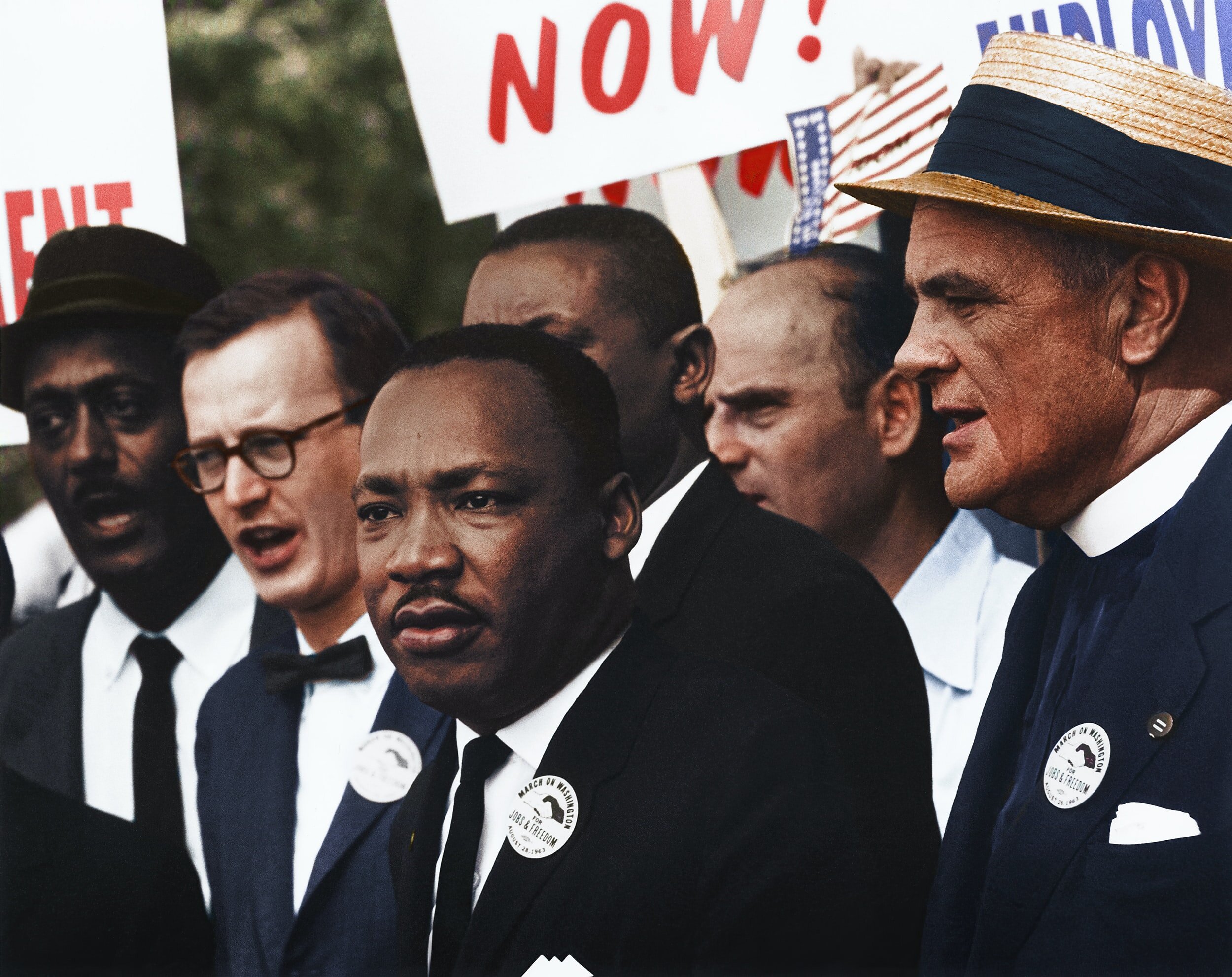Analysing Politics, Protest, and Digital Popular Culture

Lyndon Wray is interested in ways to study contemporary problems and activism in the digital sphere. His book, Analysing Politics & Protest & Digital Popular Culture offers:
A toolkit for analysing politics and activism in today’s digital media landscape, this engaging and practical resource helps students to understand how politics and protest are entwined with online popular culture, before providing a step-by-step guide in how to critically analyse this discourse themselves, via a multimodal approach. It includes a well-rounded multimodal approach for analysis from all angles-- from comments to images, video, audio and GIFs and a range of engaging cases and examples: Youtube comments, memes, viral animations, mvideos, fan-made parodies and mash-ups -- often referring to Brexit or Donald Trump's presidency.
Hear Dr. Wray discuss these approaches in this video interview. If ordering his book from SAGE, use the code MSPACEQ323 for a 20% discount through September 2023.
More Methodspace posts about studying contemporary problems
Deaf scholars are flipping the script in academic publishing—highlighting the power of signed languages, challenging outdated views, and creating space for real representation through the Society of American Sign Language Journal.
Access new webinar on conducting research with historically marginalized communities, featuring Dr. Shotonda S. Jones (St. Bonaventure University) and Dr. Shantoyia (Toy) Jones (Xavier University of Louisiana).
Decolonizing research methods means rethinking how we look at participants and problems. In the digital world there are even more ways the European West exerts cultural, economic, and political control. At the same time, the digital world allows researchers to conduct studies across the distances.
Co-authors share about a topic of decolonial research, privilege, and ethics. They write this piece in two parts, narrating their understanding of the experience and how it relates to power hierarchies and researcher responsibility.
Chart research directions that take you to the roots of the problem. Learn more in this guest post from Dr. Donna Mertens.
These difficult times present challenges for researchers. Find five original posts by Robert Kozinets about using Netnography to study sensitive topics.
This year we need to honor Martin Luther King's legacy with both reflection and action! In this post, find links to lots of original source materials, including documents and recordings.
Methods Film Fest!
We can read what they write, but what do researchers say? What are they thinking about, what are they exploring, what insights do they share about methodologies, methods, and approaches? In 2023 Methodspace produced 32 videos, and you can find them all in this post!
Thinking about new beginnings in a new year? Perhaps it is a time to think abut what makes work meaningful to you, and how those priorities influence career choices. Reflect on these open-access readings about meaningful work.
Caroline Lenette offered a keynote address at the International Creative Research Methods conference, September 2023. See the address and learn about the 2024 conference here.
Safary Wa-Mbaleka, Arceli Rosario, and Anna Cohen Miller discussed opportunities and challenges for global researchers and academic writers in this roundtable discussion.
Learn about disseminating research with an equity lens in this guest post from the CTE Research Network Equity Working Group.
Given the difficulties that emerged with the global Covid pandemic, the European Commission funded the PREPARED project. The aim of the project is to develop an ethics and integrity framework to guide researchers working to prevent and address large-scale crises. Find meeting reports, recordings, and related posts.
The Career and Technical Education (CTE) Equity Framework approach draws high-level insights from this body of work to inform equity in data analysis that can apply to groups of people who may face systemic barriers to CTE participation. Learn more in this two-part post!
The Career and Technical Education (CTE) Equity Framework approach draws high-level insights from this body of work to inform equity in data analysis that can apply to groups of people who may face systemic barriers to CTE participation. This is part 2, find the link to part 1 and previous posts about the Equity Framework.
The report from PEN America, Speech in the Machine: Generative AI’s Implications for Free Expression, connects dots that are important to academic writers: intellectual freedom, and protection of intellectual property. Summer Lopez, PEN’s Chief Program Officer for Free Expression agreed to talk about these issues and controversies.
This must-read article in The Scholarly Kitchen caught my attention: “Who Is Going to Make Money from Artificial Intelligence in Scholarly Communications?” See this thought-provoking interview with the author, Joseph Esposito.
Some of us feel that technology is everywhere, but that is not the case for everyone. Inequalities persist. What do these disparities mean for researchers?
Learn about the father of qualitative research, who passed away recently.
Experienced global researchers Safary Wa-Mbaleka and Anna Cohen Miller discuss social justice and qualitative research.




















Read this collection of multidisciplinary articles to explore epistemological questions in Indigenous research.